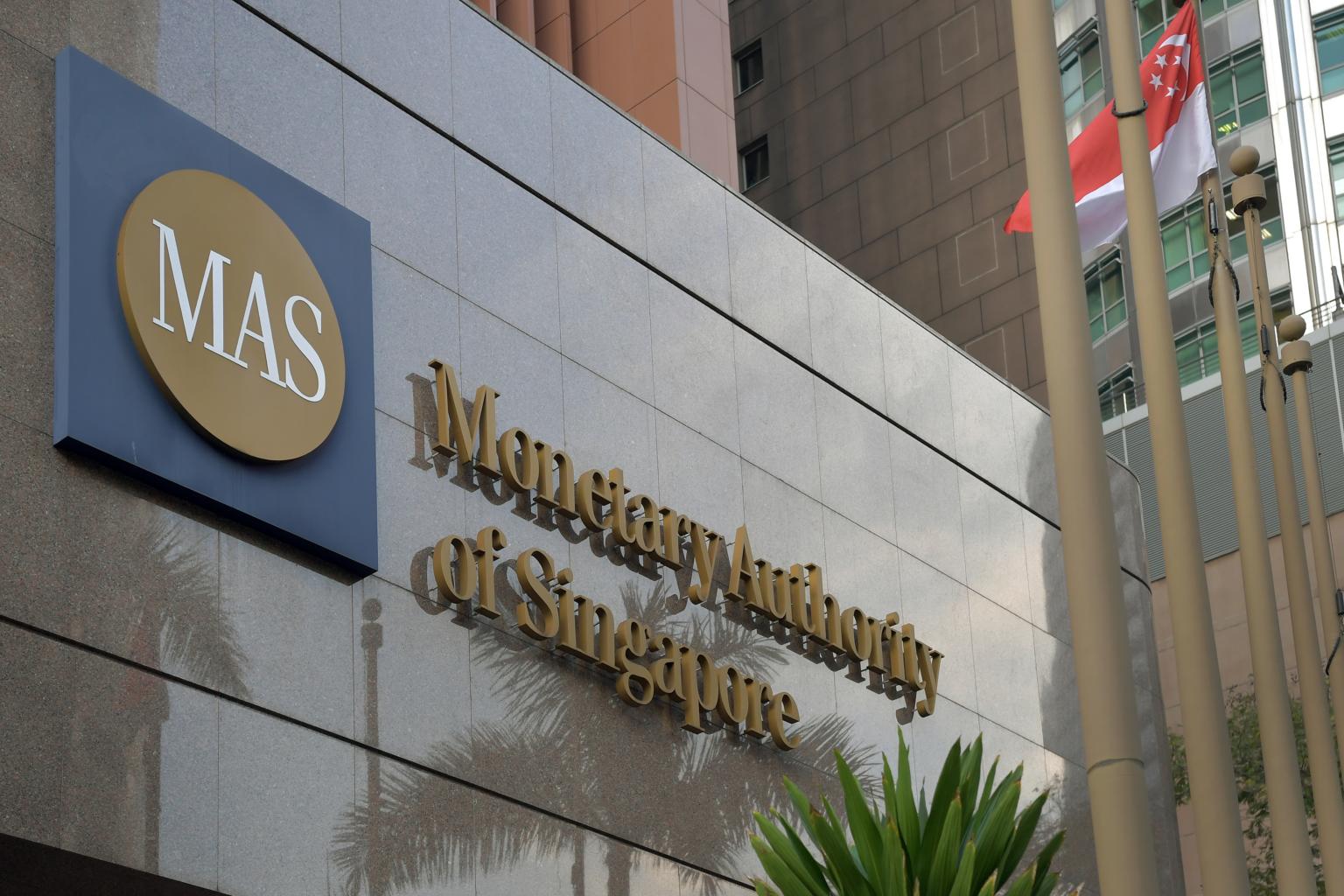Proposed changes to MAS Act to facilitate transfers of official foreign reserves
Sign up now: Get ST's newsletters delivered to your inbox

The amendments will empower MAS to subscribe to Reserves Management Government Securities.
PHOTO: ST FILE
Follow topic:
SINGAPORE - Changes have been proposed to the Monetary Authority of Singapore (MAS) Act to allow a new mechanism to facilitate transfers of official foreign reserves to the Government for longer-term management by sovereign wealth fund GIC.
The amendments, introduced in Parliament on Monday (Nov 1), will empower MAS to subscribe to Reserves Management Government Securities (RMGS) issued by the Government.
The securities will facilitate the transfer of MAS' official foreign reserves that are above what is required for conducting monetary policy and ensuring financial stability, to the Government for longer-term management by GIC.
The amount of official foreign reserves transferred to the Government will be at the sole discretion of the central bank, which will also have sole discretion to redeem the RMGS for foreign assets before maturity and without penalty.
At present, transfers of MAS' official foreign reserves are facilitated by a reduction in the Government's Singapore dollar cash deposits with MAS as consideration.
But this transfer mechanism is increasingly facing constraints, as MAS' accumulation of official foreign reserves has persistently outpaced the growth of government deposits in recent years.
The Bill will allow the principal amount of a maturing tranche of RMGS to be reinvested into a new tranche of RMGS, if the principal amount is not required by MAS to support monetary policy implementation or financial stability, and the Government agrees to do so.
RMGS can be used only to facilitate transfers and cannot be used for the Government's spending.
The MAS (Amendment) Bill 2021 will also introduce related amendments to the Government Securities Act to facilitate the transfer of official foreign reserves to the Government via RMGS.
The Gambling Duties Bill was also introduced in Parliament on Monday, to improve the consistency of tax administration and enforcement across gambling-related taxes and align penalties with similar offences under other tax Acts.
If passed, the Gambling Duties Act will bring administration and enforcement for gambling-related taxes in line with other taxes, with key improvements such as empowering the Inland Revenue Authority of Singapore to establish an electronic service for tax filing and other updates to tax administration for taxes currently collected under the Betting and Sweepstake Duties Act.
The Bill also provides for amendments to the Casino Control Act to effect the earlier-announced revised casino tax rates effective March 1, 2022.
Under the new structure, premium gaming will be taxed at 8 per cent for the first $2.4 billion of gross gaming revenue, and 12 per cent for gaming revenue in excess of $2.4 billion. Mass gaming will be taxed at 18 per cent for the first $3.1 billion of gross gaming revenue, and 22 per cent for any excess revenue.
Currently, Singapore's integrated resorts pay a 5 per cent tax on premium gaming and a 15 per cent tax on mass gaming.
The amended Casino Control Act would also reflect the revised casino exclusivity period - or the period when only two casino licences will be in force at any particular time - which will end on Dec 31, 2030.

